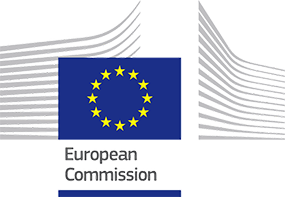 Currently available methods and strategies for diagnosis and treatment of cancer help clinicians continuously improve quality of care and prevent cancer deaths in the population. Accurate risk assessment, availability of genetic tests, timely diagnosis and effective treatment has created the impression of cancer being a chronic disease that can be cured. However, often rather aggressive treatment, psychological stress (anxiety and depression) can cause physical and psychological problems that may cause long-term after-cure consequences such as similar or other types of cancer, other types of (chronic) diseases and affect the quality of life of a patient. Therefore, the importance of addressing and, if possible, preventing long-term effects of cancer treatment is growing. Big Data can provide new opportunities to define statistical and clinical significance, but present also challenges as it requires specific analytical approaches.
Currently available methods and strategies for diagnosis and treatment of cancer help clinicians continuously improve quality of care and prevent cancer deaths in the population. Accurate risk assessment, availability of genetic tests, timely diagnosis and effective treatment has created the impression of cancer being a chronic disease that can be cured. However, often rather aggressive treatment, psychological stress (anxiety and depression) can cause physical and psychological problems that may cause long-term after-cure consequences such as similar or other types of cancer, other types of (chronic) diseases and affect the quality of life of a patient. Therefore, the importance of addressing and, if possible, preventing long-term effects of cancer treatment is growing. Big Data can provide new opportunities to define statistical and clinical significance, but present also challenges as it requires specific analytical approaches.
Proposals should focus and deliver on how to better acquire, manage, share, model, process and exploit big data using, if appropriate, high performance computing to effectively monitor health status of individual patients, provide overall actionable insights at the point of care and improve quality of life after the cancer treatment. Proposals preferably address relevant health economic issues, use patient reported outcome and experience measures (PROMs and PREMs) and take into account the relevant social aspects of health status and quality of life after cancer treatment. Integrated solutions should include suitable approaches towards security and privacy issues.
Deadline for submissions: April 24, 2019
 The Romanian cluster IMAGO-MOL intends to create a network of excellence for the treatment of neuroendocrine tumors (NET) by developing a hub combining all the required skills in the field of neuroendocrine tumors. The Hub will be a real support for all patients with neuroendocrine tumors, based on the development of patient-centered cancer control strategies.
The Romanian cluster IMAGO-MOL intends to create a network of excellence for the treatment of neuroendocrine tumors (NET) by developing a hub combining all the required skills in the field of neuroendocrine tumors. The Hub will be a real support for all patients with neuroendocrine tumors, based on the development of patient-centered cancer control strategies.
For more information, please contact Mylène HONORAT – 04 37 90 17 21
